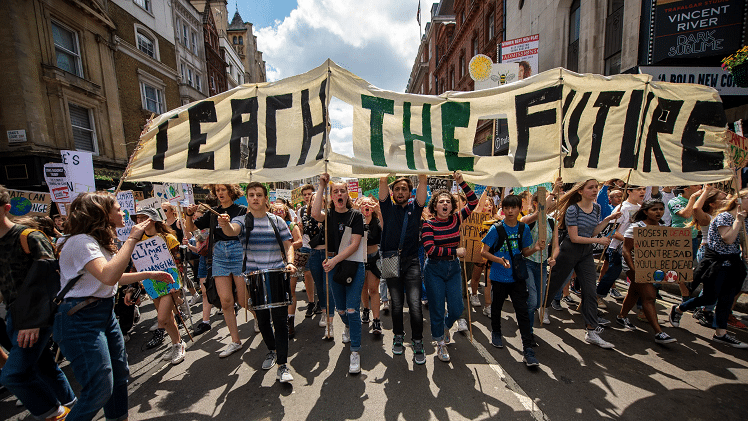In a world where inequality and discrimination still persist, the question remains: how can we, as individuals, create meaningful change? Social justice movements work to address issues like systemic racism, gender inequality, and economic disparities, but their success depends on collective effort. While the challenges are significant, every contribution counts, and anyone can play a role in advancing justice for all.
Understanding Social Justice Movements
Social justice refers to the pursuit of fairness and equity within society, ensuring everyone has equal rights, opportunities, and access to resources. Movements aimed at social justice tackle deeply rooted issues such as racial prejudice, environmental injustice, and all human rights.
Organisations and grassroots campaigns often lead these initiatives, advocating for policy reforms and cultural shifts that dismantle oppressive systems.
Educate Yourself and Others
The first step to supporting social justice is understanding the issues at hand. Educating yourself about the history, challenges, and goals of various movements equips you to have informed conversations. This includes:
- Reading and Researching: Books, articles, and documentaries provide valuable insights into social justice topics.
- Following Advocates: Social media platforms are rich with activists and thought leaders sharing real-time updates and perspectives.
- Engaging in Dialogue: Sharing what you learn with friends and family can spark awareness and inspire others to take action.
Support Local and Global Efforts
Social justice movements rely on resources to drive change. Financial support is one of the most direct ways to contribute. Research organisations and initiatives that align with your values and consider donating or fundraising. If financial contributions aren’t possible, volunteering your time and skills can make a difference.
For example, you might assist a local food bank, join environmental clean-up projects, or offer your expertise to nonprofits advocating for social change. These actions can be impactful, especially when targeted at communities most in need.
Advocate for Change in Your Community
Advocacy is a powerful way to support social justice. Whether you’re writing to policymakers, signing petitions, or attending peaceful protests, these actions amplify voices calling for systemic reform. Being proactive in your community can create ripple effects, inspiring others to join the movement.
Consider engaging with local groups focused on tackling issues like homelessness, education inequality, or racial bias. Often, change begins at the grassroots level, where people’s day-to-day lives are directly affected.
Reflect on Your Own Practices
Supporting social justice also involves examining your own biases and behaviours. Commit to inclusive practices in your personal and professional life, such as:
- Promoting diversity and equity in hiring or team management.
- Purchasing from businesses that prioritise ethical and sustainable practices.
- Speaking out against discrimination when you witness it.
Small Actions Add Up
Social justice is a collective effort. No action is too small, whether it’s sharing a post on social media, attending a workshop, or volunteering at a rally. By consistently showing up, you contribute to a broader culture of awareness and advocacy.
Together for Justice
Social justice movements thrive when individuals unite for a common cause. By educating yourself, supporting organisations, and actively advocating for change, you play a vital role in shaping a fairer, more equitable world. Every step toward justice matters, and your voice can be part of the chorus demanding a better future.
